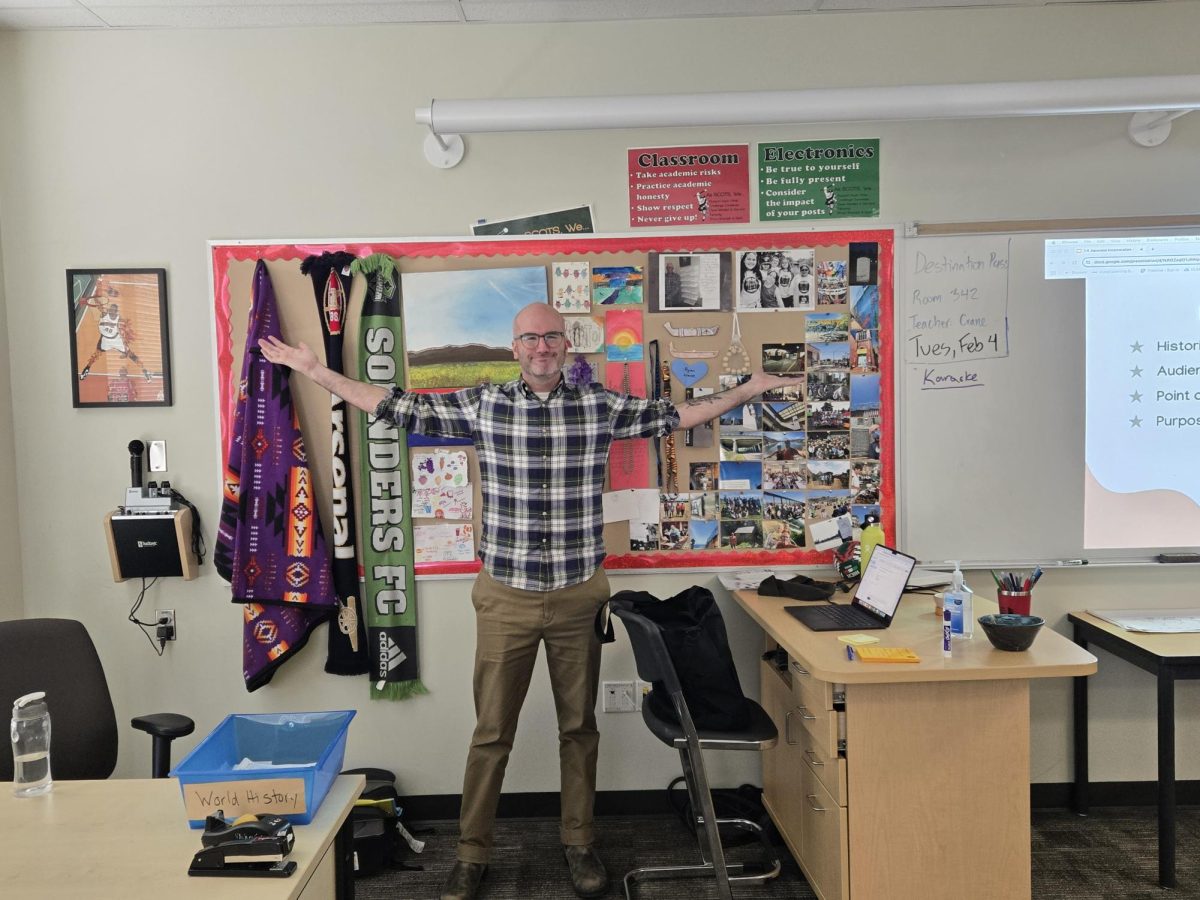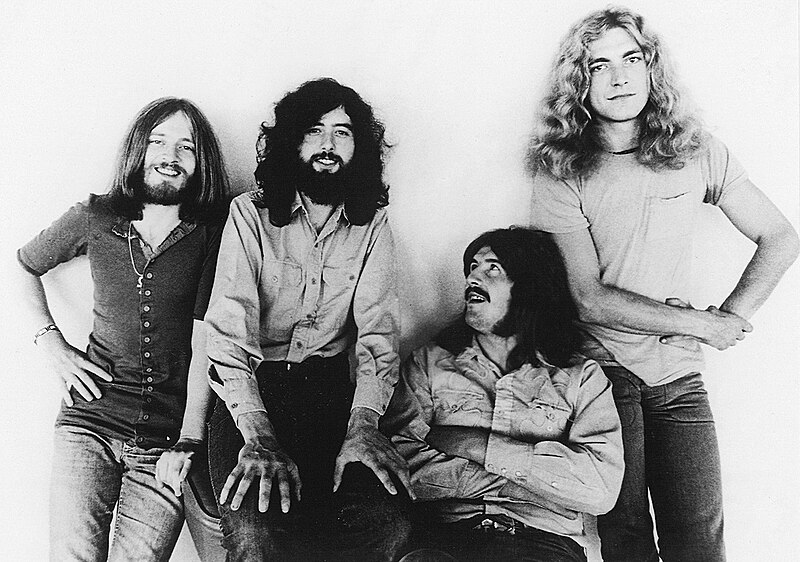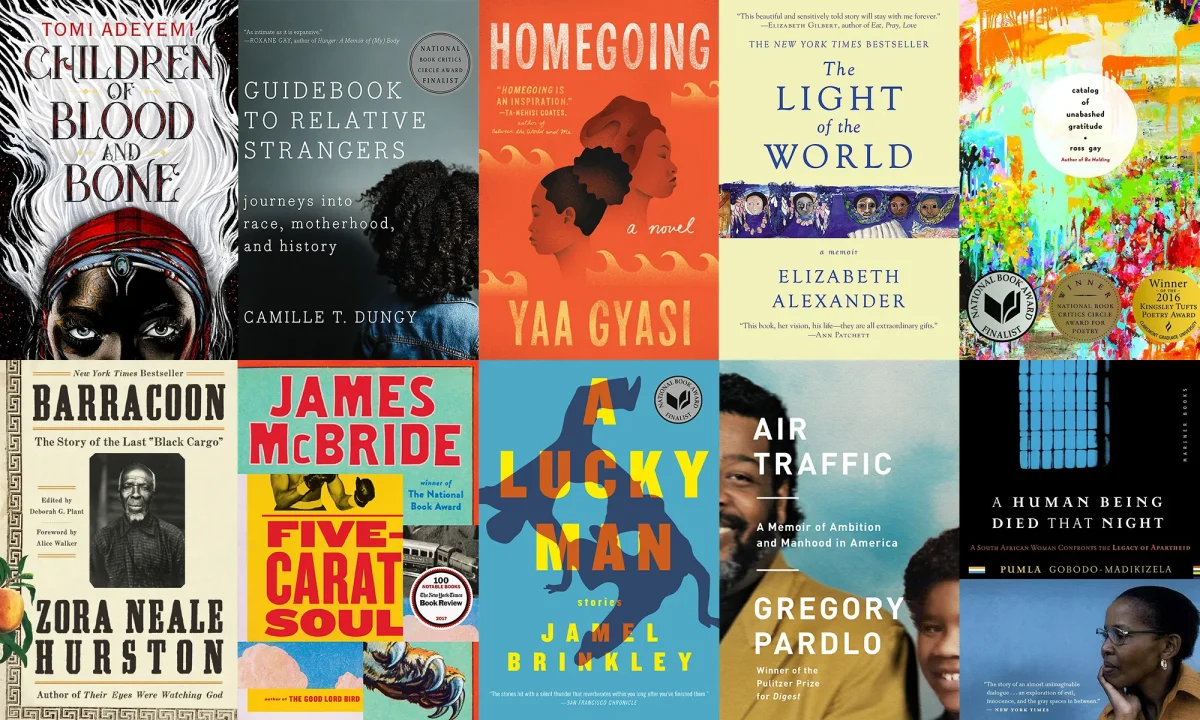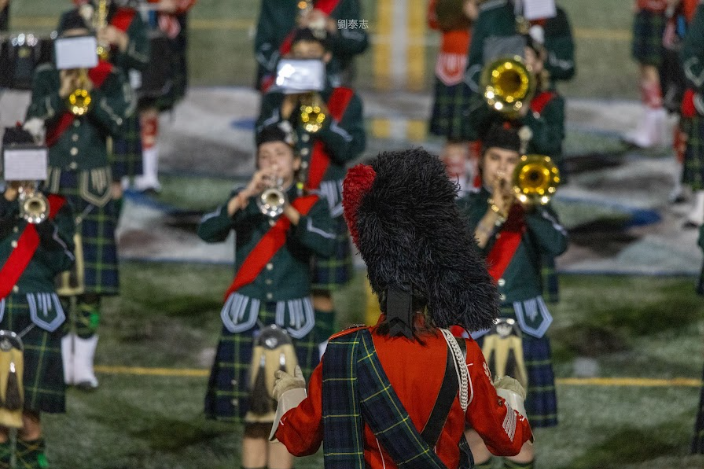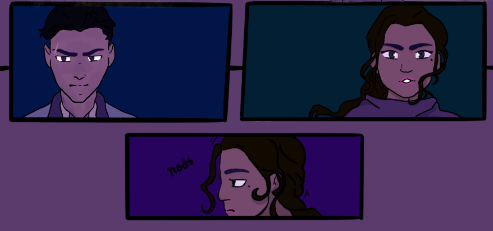Asking Difficult Questions about Race
December 11, 2016
Several months ago I decided I wanted to write about racism. Media coverage of Black Lives Matter protests and police violence towards African Americans is inescapable. I felt driven to gain a better understanding of an issue that, if one side of the argument is to be believed, affects us on a daily basis.
With that in mind, I decided to see what Shorecrest students had to say. Is racism evident in our community, and is it repairable? I knew that the conversation might be difficult, but after talking to a diverse group of students, some interesting things became clear.
Every student I talked to agreed that racism is an issue on a national and local level. Some students, like freshman Katrina Lynch, were outspoken in their beliefs about racism. She said “I think it’s like a big problem that shouldn’t be a problem. This shouldn’t be happening.” Others weren’t certain. When asked how he felt about racial inequalities in the U.S., one freshman hesitated, “I don’t really know about that. I know there are, but I don’t even know how I feel about them.”
“Wow, we’re going there,” ASB president Nathan Nzanga was caught off-guard. He and I recorded a full interview, but many ended at the mention of race. Every student I spoke to felt that racism exists here today, but most seemed noticeably uncomfortable discussing it.
When asked about her experiences with racism, sophomore Regan Jones told me how the racism of a family member influenced her growing up. She told me distancing herself from them and bonding with people of different identities helped her overcome biases. Nathan Nzanga shared that he “deals with microaggressions all the time,” and while he hasn’t experienced anything “extreme,” “people make jokes a lot that can be insensitive.” Senior Josh Naron said racism is “…on TV, it’s at school, it’s sometimes in commercials. It’s everywhere.” Every student I spoke to either personally experienced racism, or knew someone who had.
If racism is such a prevalent issue, I wondered, what could be done about it? Some were hopeful about our ability to provoke change. “Just be kind to each other and hopefully everything will just end up working out for itself,” said one senior. Regan Jones was less optimistic, explaining, “there’s definitely ways people can change that, but at the same time it’s never gonna fully be gone. There’s always gonna be an imprint.” Several others concurred, saying racism “isn’t a problem that could be fixed.” Nathan Nzanga’s solution was simple: “The only way to stop racial inequality is to just look at everyone the same, and to treat everyone the same.”
Many students were unsure about how to reduce racism’s impact, but they all agreed on one thing: racism actively affects our community.
As an anxious person, I understand how difficult conversations about certain issues can be, but they are vital if we intend to resolve them. Despite our many differences, the students of Shorecrest do sometimes see eye to eye.
Although these problems may be uncomfortable to discuss at first, nothing can be achieved if we’re silent. The only way we as a community can tackle racism is to confront it. Talk with your peers about their experiences with prejudice, and if what you hear is upsetting, speak up. The first in a series of forums on race and equity issues at Shorecrest occurred Friday, December 2nd, and Shorecrest is home to several clubs focused on celebrating diversity and championing equality to join. As one freshman said, the way to curb racism is by simply “Just stepping up about it.”



